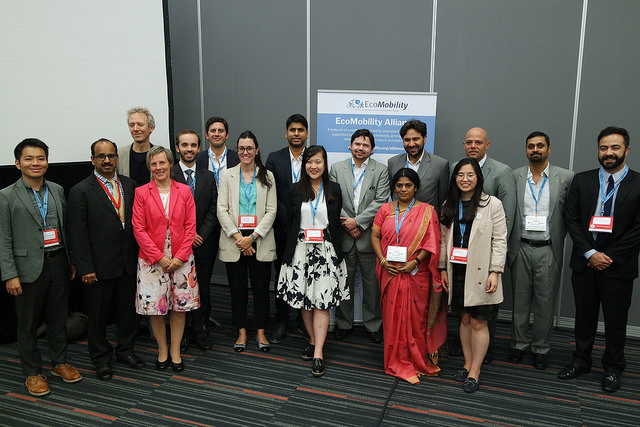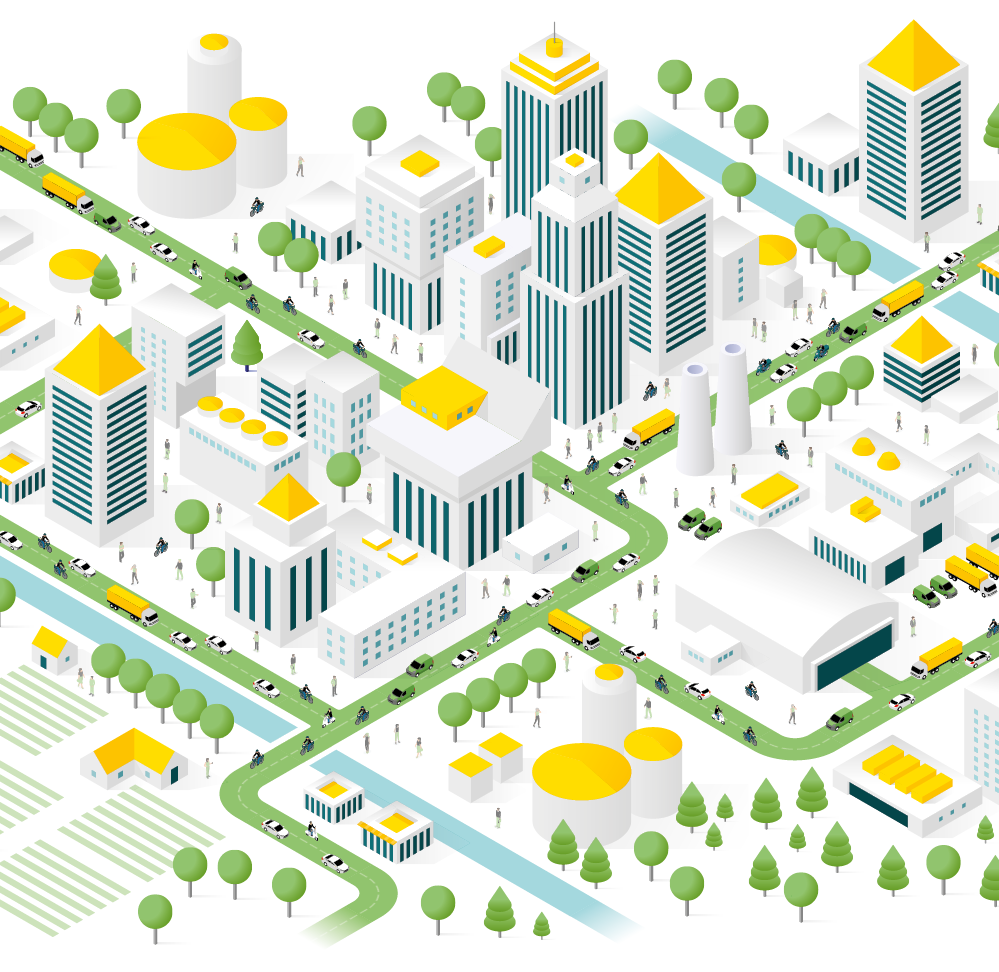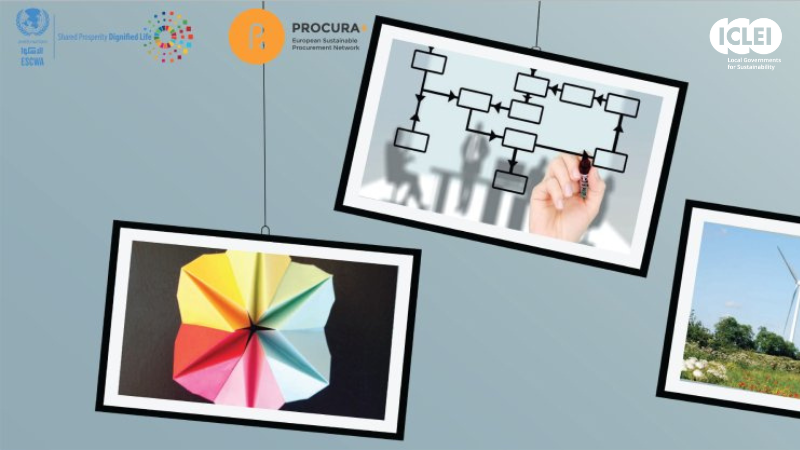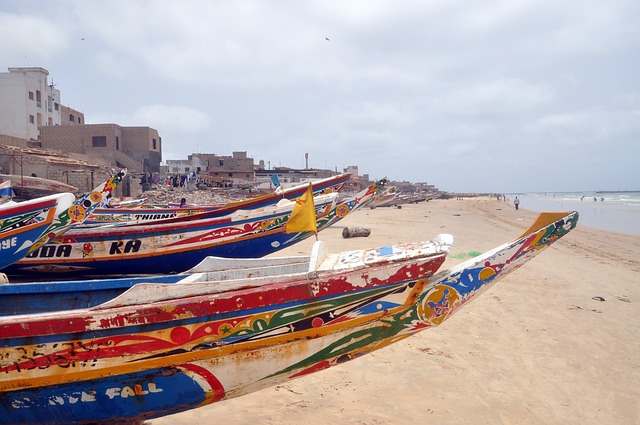Leading South American cities from the ICLEI network aim to spark countrywide advancements in the urban freight sector.
These cities – Rosario and Santa Fe in Argentina and Bogotá, Manizales, Aburrá and Medellín in Colombia – will advance low carbon urban freight policies and solutions, while aligning local and national efforts. These cities are active in the EcoLogistics project, which also spans to the cities of Panaji, Kochi and Shimla in India.
Currently, urban freight represents up to 25 percent of vehicles in cities, occupies 40 percent of motorized road space and contributes to up to 40 percent of greenhouse gas emissions related to urban transport. Urban freight includes a wide range of services, from garbage trucks to construction or commercial trucks. Today, a growing number of cities are including urban freight in their plans to reduce their emissions.
Implementing an urban freight initiative in two South American countries is highly relevant, given the pace of urbanization over the last decade, according to Igor Reis de Albuquerque, climate change manager from ICLEI South America. “Flows between regions and demand for logistic services have increased, impacting not only greenhouse gas emissions levels, but also the economy and the well-being of citizens,” says Albuquerque.
Engaging capital cities, economic centers and populous metropolitan regions, like Bogota, Manizales and Valle de Aburrá, and logistical hubs of port regions or agricultural production, like Rosario and Santa Fe, is important for developing high impact policies and pilot projects and elevating the need for more sustainable transport across these countries.
“Ecologistics is important, above all, for integrating the planning process with the national government, so that freight and urban logistics solutions are not limited to a region but can be expanded to the territory,” explains Albuquerque.
Worldwide, the transport sector often represents the most intensive greenhouse gas-emitting sector in the urban context, as in the case of the Argentinian City of Santa Fé. Pablo Tabares, Director of the Cooperation and External Trade of Santa Fe, also aims to explore synergies between the freight sector and city risk management and resilience plans.
Identifying good practices and global level guidelines on urban freight transport is a key reason why Aburrá is engaging in EcoLogistics. It also elevates key issues for the city. “Our participation in this project will, firstly, put the issue of health at the center of the discussion. Secondly, the issue of air quality…and thirdly, ways to mobilize the issue of urban freight in our territory,” explained Pablo Maturana, Deputy Director of Cooperation and Partnerships.
For Bogotá and Rosario, the project is an opportunity to increase the transport efficiency of goods and services that are essential for the local population and economy, and to strengthen collaboration between the public and private sectors.
Funded by the International Climate Initiative of the German Federal Ministry of Environment, Nature Conservation and Nuclear Safety, the EcoLogistics project offers technical and methodological support to develop updated diagnostics of urban cargo transportation, introduce emissions monitoring tools in the sector and establish multistakeholder working groups.
The initiative aims for all participating cities to have implemented pilot projects by the year 2021, which they can use to gather information, analyze future trends and develop or influence local and national policies.
The ICLEI World Congress 2018 marked the official start of the project, where the South American cities were announced.






